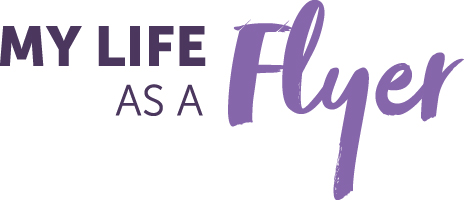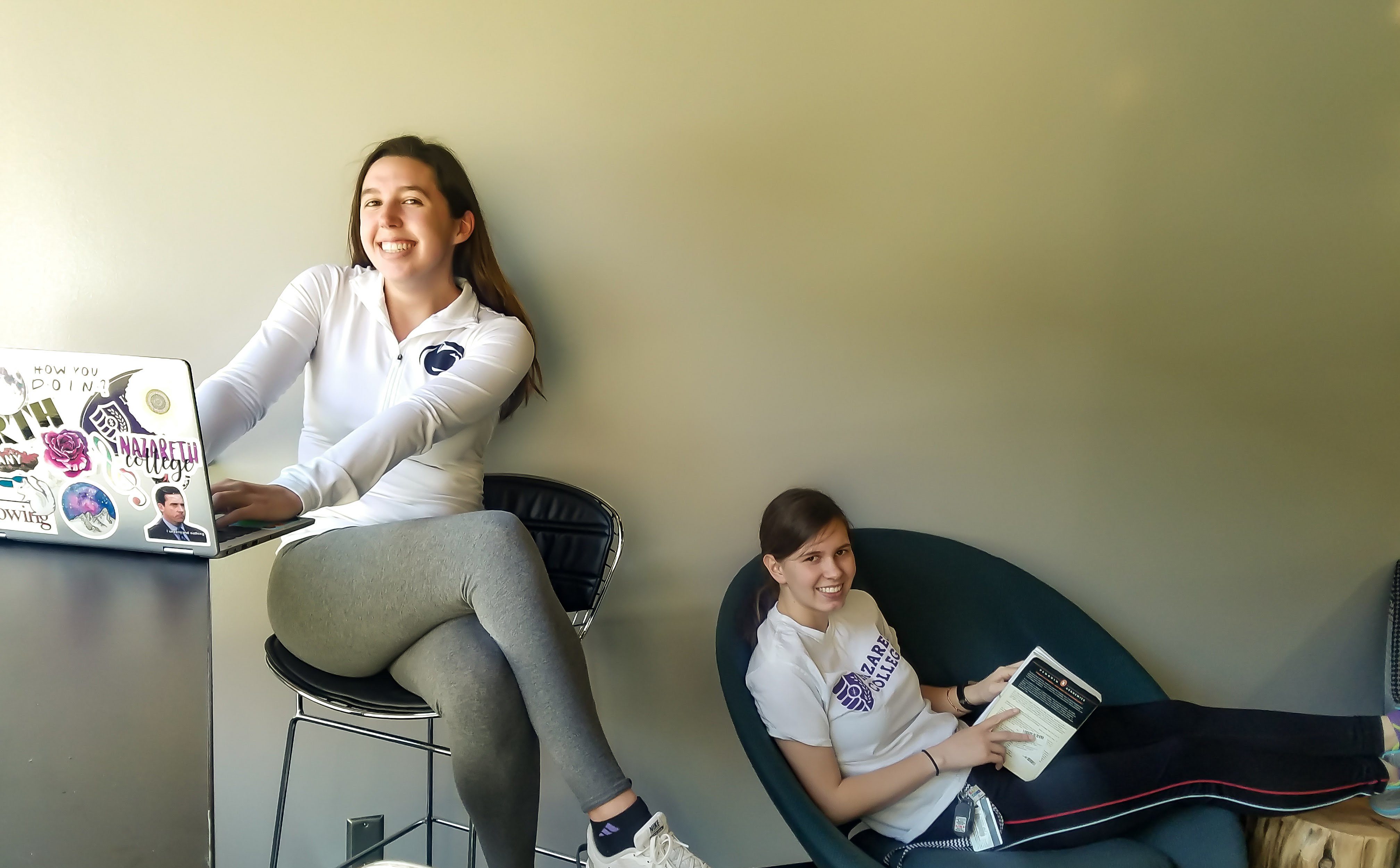Congratulations, you’ve survived the rat race of high school and are now ready to head out on the new adventure that is college. Along with all of these great new experiences and opportunities come a lot of unexpected challenges and differences from high school. One major change is how courses are set up and how credits work, which for many first-year students is new and can be confusing at first. These differences, however, are often positive and may even change how you view your education.
In high school, I often put so much time and extra effort into my schoolwork because I wanted to do well personally, but also because college acceptance was looming over my head. Getting straight A’s in high school meant Honor Societies, scholarships, and more college opportunities. In college, it’s still extremely important to do well so you keep your scholarships and can apply for internships, but tests are less frequent and papers are often longer. This may seem like a lot of pressure, but fear not, struggling on one test doesn’t mean you’re done for: It might just mean you have to shape your studying to fit the type of test style of the professor, or spend extra time reading the text before the next exam.  Because each professor is different, they all have different expectations on the quality of work needed for passing. Some use a number or point system, while others do plus/minus checks, all of which take a couple of graded assignments to understand. Also, don’t be afraid to ask a professor how their grading system works if you’re confused. It’s an important thing to understand and most are more than happy to give you a more detailed explanation.
Because each professor is different, they all have different expectations on the quality of work needed for passing. Some use a number or point system, while others do plus/minus checks, all of which take a couple of graded assignments to understand. Also, don’t be afraid to ask a professor how their grading system works if you’re confused. It’s an important thing to understand and most are more than happy to give you a more detailed explanation.
College students are given a lot more independence than high school students, but that also means that they have to be on top of their education. Professors often have a scheduled syllabus that they give during the first week of classes, and believe me, that tiny packet of paper becomes a bible for the class. Professors don’t always go over due dates or give homework reminders because there simply isn’t enough time in the class to do so. If something is written on the syllabus and you come unprepared for the class, that’s on you as a student, not the professor, and extensions aren’t often available. Also, some professors will assign homework, but won’t always check or grade it. This, however, doesn’t mean that it shouldn’t be done, as it will help you better understand the material and have an effect on how well you do on tests and papers.
In college, not only what happens in your classes changes, but when your classes happen as well. At the beginning of my freshman year, I struggled so much with the way that classes were set up; being spread out throughout the day and sometimes only having a class once a week while others met three times a week. I had to keep a specific schedule and set lots of alarms to make sure I made it to all my classes at the right time. In most high schools, you cram 6 or 7 classes into a day or have it spread out over 2 in block scheduling, but you don’t have a three-hour break between a class here and there. In college, you might have class Monday, Wednesday, and Friday at 8:30 in the morning and not have another one till 2:30 in the afternoon or sometimes you have days without classes at all (after your first semester, you have a lot more freedom in choosing your schedule). Because courses are often spread out, it allows you to get involved in other things, such as finding a job on or off campus, joining clubs, or simply get ahead on work between classes instead of starting it later at night. You just have to learn to manage yourself well and make the most of that time.
College courses also have a lot of perks to them, like the ability of choosing your major and elective classes that you find interesting. In high school, you’d have to take specific classes each year, but in college, if you don’t like math, you may only have to take one or two classes over the four years to fulfill your major’s requirements. On the other hand, maybe you’re an art major but really like English literature; you can pick up a minor in it or take classes as extra electives. Everyone has their favorite teacher from grade school, but you were likely only able to have them once. In college you can take multiple classes with your favorite professor, or choose one professor over another if a class has multiple sections. Professors are also great tools to help you in research and finding connections for internships in the area. Your advisor, who will be a professor in your major, is another great connection and you’ll likely have them for a class as well, maybe a few. The possibilities in college courses are endless, and a wide variety of professors make it all the more interesting.
All of these differences may be seem daunting, but the reality is that college is more about the experiences you gain through your academics that will help you as you move forward. Grades are a part of college, but being engaged and accountable is just as, if not more, important.



